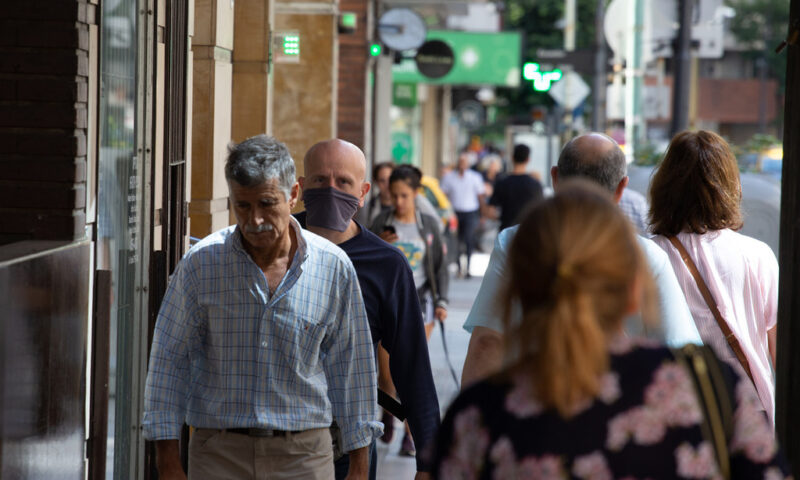
From the early days of the pandemic, cities have been on the frontline of COVID-19. The spread of the virus globally through travel, trade and mobility meant that a large number of the first detected infections appeared in urban areas, prompting many to question their future. These concerns only deepened as restrictions to contain transmissions, such as lockdowns and curfews, brought local economies to a standstill. Yet in the months that followed, as the challenges of the pandemic have evolved, so too has our understanding of the disease and its complex relationship with cities.
In this context, families have proven to be one of the main agents for recovery, governance, protection and development within societies for the post-COVID-19 era. If families are these crucial development agents, an adequate environment is needed to facilitate their role. Local authorities should consider the family unit as an important social agent to respond, recover, prevent and prepare for the ongoing challenges.
The Inclusive Cities for Sustainable Families project is a worldwide alliance promoted by the International Federation for Family Development based on the Venice Declaration, that includes currently nearly 70 territories that have committed to work on the Sustainable Development Goal no. 11 and the New Urban Agenda, particularly in regards to Housing, New Technologies, Education, Healthcare, Safety, Clean Air, Transportation, Affordability, Leisure and Tourism, and Vulnerable Families. Their commitment consists of presenting once a year the results in those topics and attending an annual Conference organized to share good practices.
If the Venice Declaration has proven to be especially relevant during the COVID-19 crisis, it seems clear that it will be even more important to build the post-pandemic world. This event will explore the ways to make it work even better for the future, as a contribution to the New Urban Agenda in the direction pointed by UN-Habitat and in preparation for the General Assembly High-Level Meeting on New Urban Agenda (cf. Res. 75/224) and the World Urban Forum to be held in Katowice to be held next year.
DISCUSSION POINTS
1.- What are the best ways to address systemic poverty and inequality in cities?
2.- How should urban morphologies be reconfigured to enhance their resilience and make them more sustainable and productive through inclusive planning?
3.- How can help reach smaller businesses, informal workers and at-risk sectors to overcome the crisis, while promoting the transition to greener, more equitable urban economies?
4.- How can flexible and innovative institutional and financial frameworks be developed through a more integrated, cooperative multi-level governance?
Source: IFFD
 Welcome to the United Nations
Welcome to the United Nations